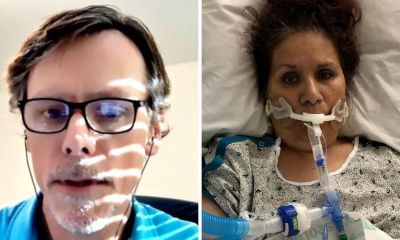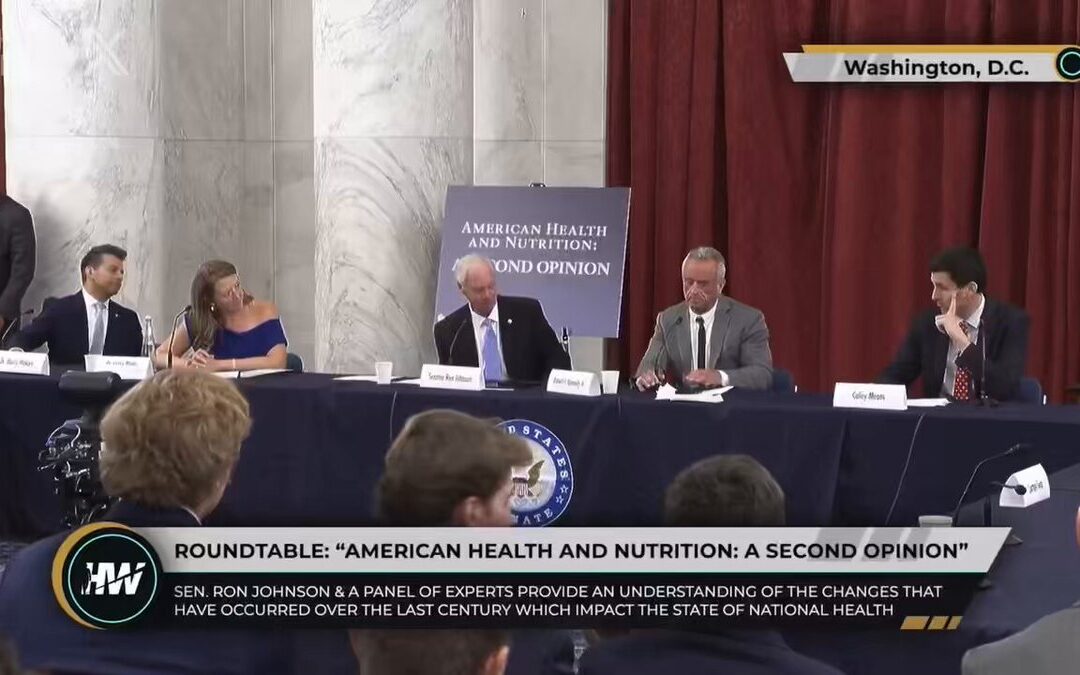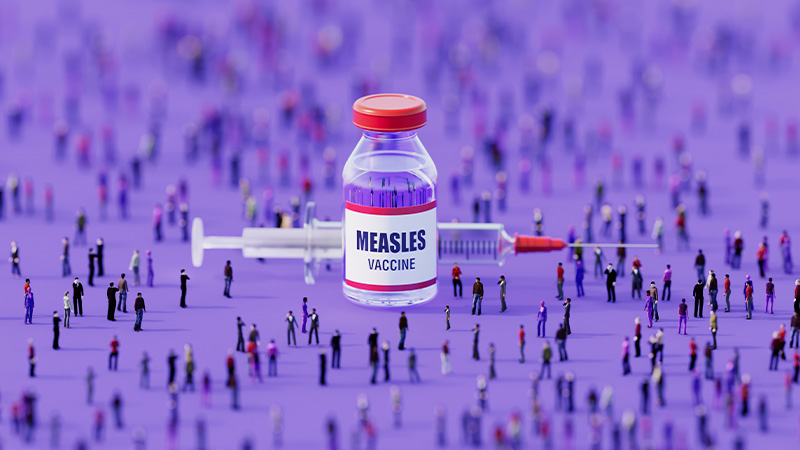A new report from The Heritage Foundation’s Nonpartisan Commission on China and COVID-19, “Holding China Accountable for Its Role in the Most Catastrophic Pandemic of Our Time: COVID-19,” shows the devastating economic impact on the American economy after China unleashed COVID on the world.
The report provides, in extensive detail, “The Seven Weeks that Changed the World,” a time when “Chinese officials could have shown good faith and honored their international commitments to try to prevent a domestic epidemic from becoming a global pandemic. They consistently chose to do otherwise.”
The report also analyzes the impact of COVID on the U.S. economy at a cost of more than $18 trillion.
John Ratcliffe, a former member of Congress and Chairman of the Nonpartisan Commission on China and COVID-19, provided the foreword for the report and shared that the purpose was to “review the facts and circumstances” surrounding the pandemic.
In addition, the report also provides recommendations to U.S. officials for specific ways to hold China accountable.
The Commission’s report does not rule out that many other governments, institutions, and individuals may have played contributing roles in the pandemic, but it finds that China has been in a league uniquely of its own in its active and aggressive opposition to honesty, transparency, and accountability regarding the virus and its spread. This behavior by the Chinese government, more than anything else, was the proximal origin of the COVID-19 pandemic.
In this report, the Commission documents several major facts about the pandemic that contradict the Chinese-propagated narrative. The Commission finds that the balance of available evidence points toward the pandemic’s having resulted from an initial spillover resulting from a research-related incident at the Wuhan Institute of Virology (WIV), an institution known internationally for its coronavirus-related research, rather than emerging from wild animals sold at a market in that city.
The report details the devastating impact on the U.S economy:
- Excess deaths in the U.S. cost $8.6 trillion;
- Lost income cost the economy more than $1.8 trillion;
- Chronic health conditions associated with the virus, like “long COVID,” cost $6 trillion;
- Mental health components added another $1 trillion loss;
- The negative impact on education lost approximately $435 billion.
The report puts the total loss at over $18 trillion, which is about 13% of the U.S. economy’s total GDP.

From the report:
Across the world, the COVID-19 pandemic left 28 million persons dead, whole economies shattered, and the vulnerable impoverished—in addition to creating a mental health crisis. A whole generation’s educational experience was disrupted. In the United States alone, the pandemic killed over a million people and is estimated by our calculations to have cost the country $18 trillion in losses. Millions of adults and children still suffer from an often-debilitating illness of long COVID.
The scope and scale of this disaster demand answers about the deadly virus’s origin and the circumstances of its spread. It is with that purpose in mind that the Nonpartisan Commission on China and COVID-19’s investigation finds that the balance of evidence shows that the virus resulted from a research-related incident in Wuhan. The report further meticulously documents how China acted in the early weeks and months of the disease’s outbreak.
The fact of the matter is that the Chinese government did not act responsibly or transparently. They covered up highly pertinent information about COVID-19—even including when and where the disease began—from their own public, the scientific community, and the world. The Chinese government destroyed evidence, actively gagged their own scientists, jailed journalists for the crime of asking questions, and blocked attempts by the international community to investigate the origins of COVID-19. It engaged in these and other acts despite being a signatory to an international agreement that requires them to notify the World Health Organization of such a public health emergency accurately and in a timely manner.





